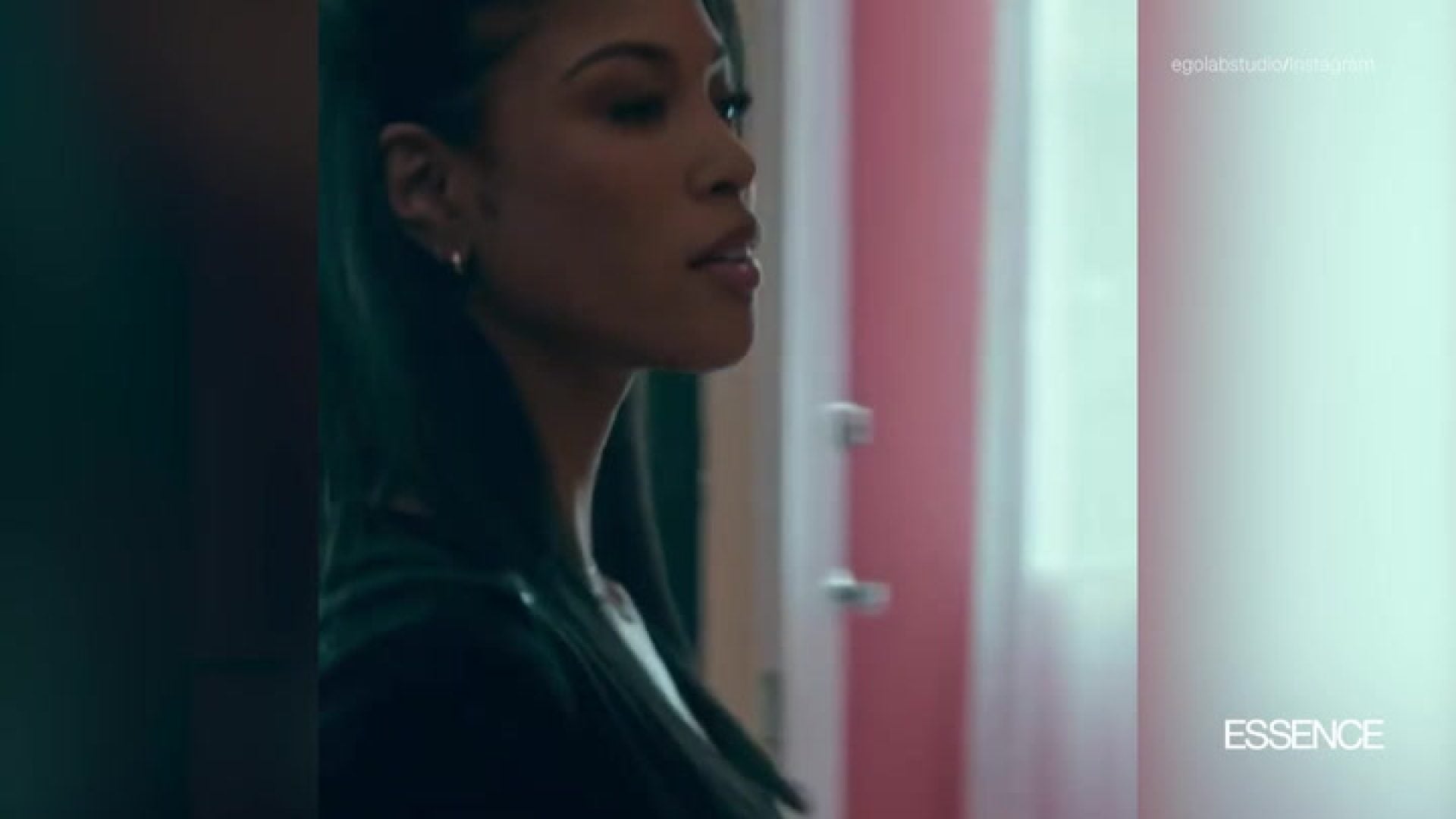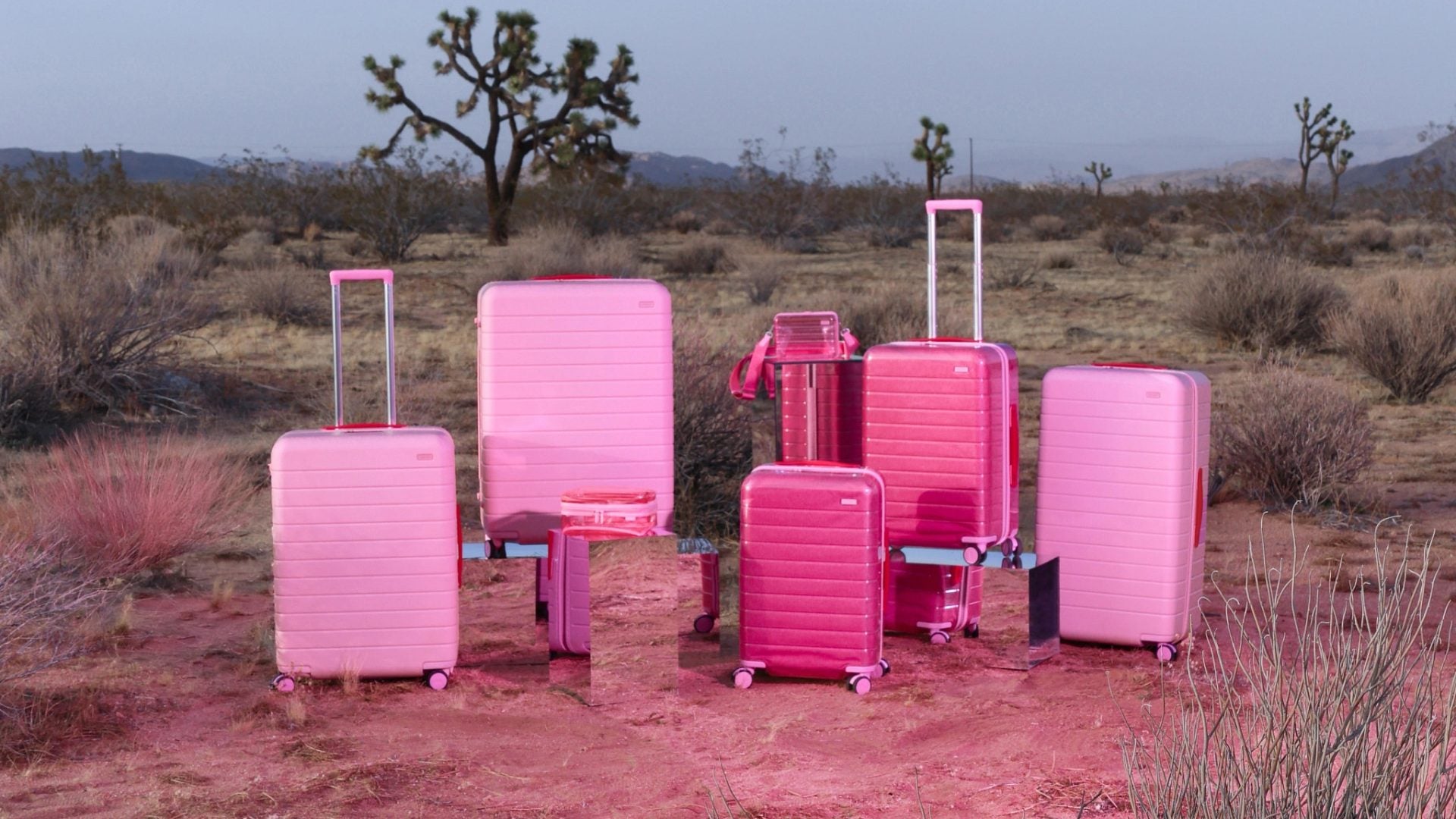
In her most recent role in the controversial movie “The Help,” which is in theaters tomorrow, she does it again as Aibileen Clark, a maid “surviving” in the South during the Civil Right Movement. While Davis admits some scenes made her uncomfortable, she believes in the story. Do you?
ESSENCE.COM: There’s been some criticism of “The Help.” Do you think Black women will support the film?
VIOLA DAVIS: Yes, I do. I think people will support the film because they’ll be curious enough to walk into the theater. And once they walk into the theater, I think that a lot of their misgivings will be dispelled because I believe what me, Octavia, Cicely Tyson, Aunjanue Ellis and Roslyn Ruff are able to do is humanize these maids. They are no longer just women whose backs you only see in the kitchen taking care of kids. These are real people. And it’s palpable. They start off very ordinary — but human, and by the end of the movie they turn into heroes. I think that in of itself will be enough to satisfy the need we have to be seen and heard as Black women.
ESSENCE.COM: What do you hope Black women will take away from this movie?
VIOLA: I hope they walk away and see that it’s simply a great movie. Sometimes we’re so concerned with image and message, and not excellence. No one ever ask white actresses like Meryl Streep or Jodie Foster what messages they’re going to take away from their films. What they do acknowledge is the execution of how well they bought that character to life. As an artist, it’s so valuable to just tell the story. And bring these people to life. We cannot believe that if there’s not a message in a story, then it’s unworthy of being told. Any story is worthy of being told, if it’s a good one.
ESSENCE.COM: What lessons did you learn from your character, Aibileen?
VIOLA: I learned about the contributions of everyday people. The people who didn’t make it into the history books but paved the way for us. The domestics, bus drivers, garbage men. What I learned from Aibileen is the courage it took to just live the every day being black in 1961 Mississippi. The courage it took to just stand on your own two feet, put food on the table and just survive. Just to simply survive. And to me, it’s homage to my mom, grandmother and women in my life.
ESSENCE.COM: Were there scenes that made you uncomfortable or angry?
VIOLA: Yes, absolutely. Being in that Bridge Club scene pouring tea. I had to shoot that scene for two weeks and I had no lines. I’d do the scene and listen to white people and how they talk about you like you’re not there. Feeling invisible.
ESSENCE.COM: You were gorgeous on the August cover of ESSENCE. What has the response been?
VIOLA: I’ve had an incredible response only because no one really knows what I look like. I think people are shocked that I can actually look half- way decent. So I’ve had an extraordinary response to that cover.
We love us some Viola Davis!




